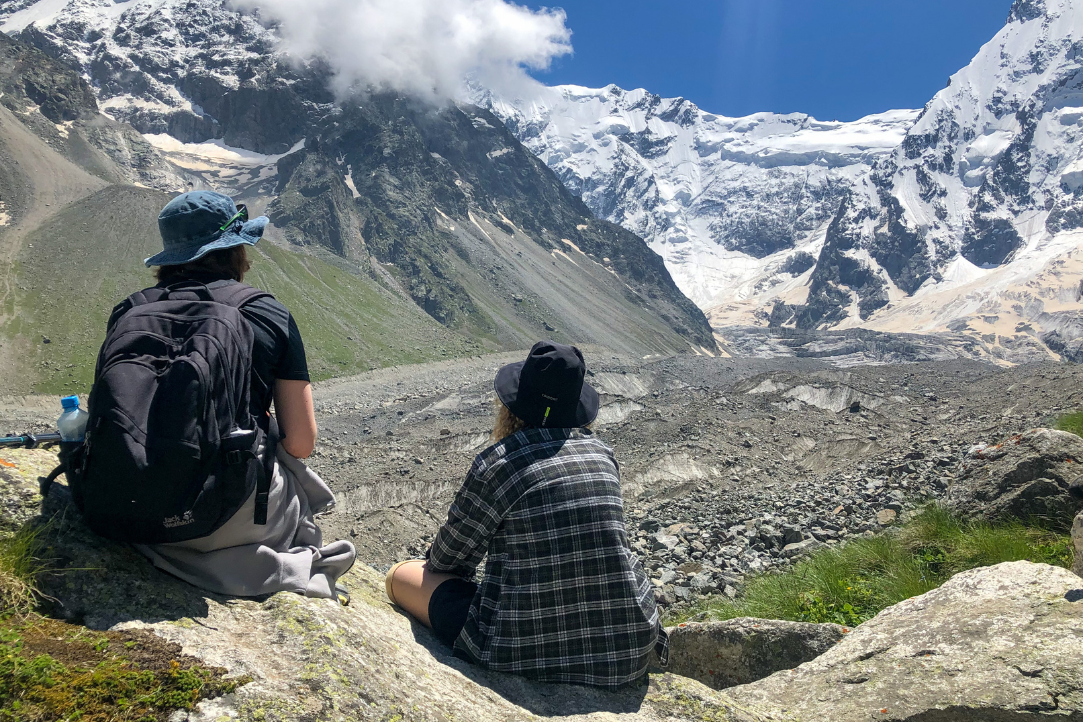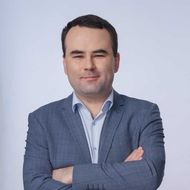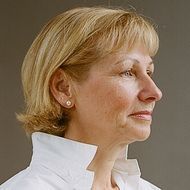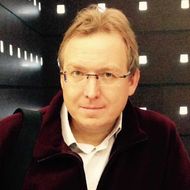- A
- A
- A
- ABC
- ABC
- ABC
- А
- А
- А
- А
- А
- HSE University
- Faculty of Geography and Geoinformation Technology
- News
- International Day of Women and Girls in Science
-
Faculty
-
Educational Programmes
Geography of Global Changes and Geoinformation Technology
Spatial Data and Applied Geoanalytics
Low Carbon Development
Mergelov N., Zazovskaya E., Onishchenko (Fazuldinova) N. et al.
Catena. 2025. Vol. 255.
In bk.: Reference Module in Earth Systems and Environmental Sciences. Oxford: Elsevier, 2025. P. 1-11.
Колосов В. А., Zotova M.
Published online. 10.1080/14650045.2021.1952184. Taylor and Francis, 2021

International Day of Women and Girls in Science

What is the focus of your research and what do you do within the scope of this research?
N. Shartova: My research lies at the intersection of geography and environmental epidemiology. Currently, environmental epidemiology is one of the fastest-growing fields in the world, allowing for the quantitative assessment of the impact of various factors on population health. I try to introduce a geographical component into the identified patterns, as I believe that any process is heterogeneous in space. The focus of my research is to study the influence of climate on human health, both in terms of direct temperature effects and indirectly, through the analysis of the spread of climate-related infectious diseases.
A. Derkacheva: After my PhD, I don't have a single main topic. I am involved in a range of diverse projects where I contribute as a "person-with-a-shovel" in research conducted by thematic specialists. This means that with my background in GIS/RS/geoinformatics, I serve as a technical specialist in data processing and analysis, while they delve into the natural processes and phenomena using this material. For example, I developed a neural network for mapping shrubs based on age groups using satellite imagery for geobotanists studying shrub encroachment in the Arctic. If I were to summarize my professional interests, there are two main vectors: instrumental, which includes remote sensing and automated methods of geodata processing, and thematic, which focuses on natural hazardous processes.
When and how did you realize that you wanted to pursue a career in science?
N. Shartova: I can't recall a specific turning point after which I could say, "Now I started doing science." My interest in medicine and geography developed during my childhood when I enthusiastically read all the children's encyclopedias. I always enjoyed the process of research—digging into the details, getting to the essence of why diseases spread faster and more intensely in certain areas than others. Sometimes it feels like solving a detective case. It captivates you, and you can't detach yourself from it.
A. Derkacheva: Actually, my interest lies not in pure science but in what is known as "Research & Development" in English-speaking environments. It's more like applied science, where the goal is to generate knowledge not just for the sake of understanding but to solve specific problems. My desire to engage in R&D (rather than pure science) arose during my 3rd or 4th year of study. It was then, while working on coursework, that I realized I enjoyed seeking solutions rather than following instructions. However, I disliked investing my efforts in something that would later be unused and collect dust on a shelf.
Have you faced any challenges in your scientific career?
N. Shartova: Definitely! There is no perfect path. An academic career is a lengthy process that is highly dependent on obtaining grant funding. I remember feeling anxious when I submitted an application for my first independent grant and didn't receive it. However, it helped me evaluate the strengths and weaknesses of the project and achieve successful results in subsequent attempts.
A. Derkacheva: I would like to address the issue of mental health in scientific activities due to the constant struggle for recognition. This is something that traditionally hasn't been openly discussed, but in recent years, relevant thematic events have even emerged at major international conferences (such as the European Union of Geosciences). Young researchers are particularly vulnerable, with approximately one-third of all doctoral candidates worldwide experiencing psychological issues, ranging from burnout to clinical depression!
The functioning model of professional science plays a significant role here, with its constant rating system. Competitive grants, the best presentation at a conference, selection for postdoctoral positions, and so on—who is the best? Who will receive that prize? And, like in a lottery, you are more likely to lose. Every second person may have a high level of expertise and brilliant ideas, but the number of prizes is limited. It's important not to forget that the framing of the question is precisely like this and not how our minds automatically perceive it: "My work is worse than theirs." Adding fuel to the fire of constant pressure is what the international community has dubbed "publish or perish." You can't spend three years working on one idea and perfecting it; everyone evaluates each other, and employers evaluate based on publication activity.
Have you ever encountered gender bias in your career path?
N. Shartova: I have been fortunate with my colleagues and my environment, and I have not encountered such phenomena.
A. Derkacheva: Personally, I can say that I've been lucky. I have never experienced direct manifestations of gender bias towards me, neither from colleagues nor from superiors. However, I am aware of firsthand stories, both within the Russian scientific community and abroad. Sometimes it involves snide comments like, "So, how do you like lugging equipment through the swamp? Is that what you wanted?" And in other cases, it reaches overtly discriminatory positions such as, "I don't work with women, I don't accept them as doctoral candidates or in my projects."
If I were to encounter blatant gender bias coupled with people's unwillingness to reconsider their stance, I would simply turn around and walk away. There are still many open doors.
Do you believe anyone can pursue a career in science?
N. Shartova: With a high degree of confidence, I can say no. Like any professional field, science demands certain qualities from a person. In my view, this includes discipline, independence, and, of course, a creative element, a play of imagination. Courage and patience to all those planning to be in the world of science.
A. Derkacheva: Of course not! Anyone can start, and anyone can do bad science throughout their life. But to become a "quality" scientist, I believe there are certain personal traits and soft skills that come into play. Do you possess critical thinking or blindly trust authorities? Do you react poorly to criticism or hold tightly to the familiar? It won't go well. Are you ready to change your mind? Excellent! Maybe not today, but by tomorrow, you'll become a quality scientist. I can't promise you'll become outstanding, as there are never enough prizes for everyone.
Natalia Shartova
- About
- About
- Key Figures & Facts
- Sustainability at HSE University
- Faculties & Departments
- International Partnerships
- Faculty & Staff
- HSE Buildings
- Public Enquiries
- Studies
- Admissions
- Programme Catalogue
- Undergraduate
- Graduate
- Exchange Programmes
- Summer Schools
- Semester in Moscow
- Business Internship
-
https://elearning.hse.ru/en/mooc/
Massive Open Online Courses
-
https://www.hse.ru/en/visual/
HSE Site for the Visually Impaired
-
http://5top100.com/
Russian Academic Excellence Project 5-100
- © HSE University 1993–2025 Contacts Copyright Privacy Policy Site Map
- Edit


